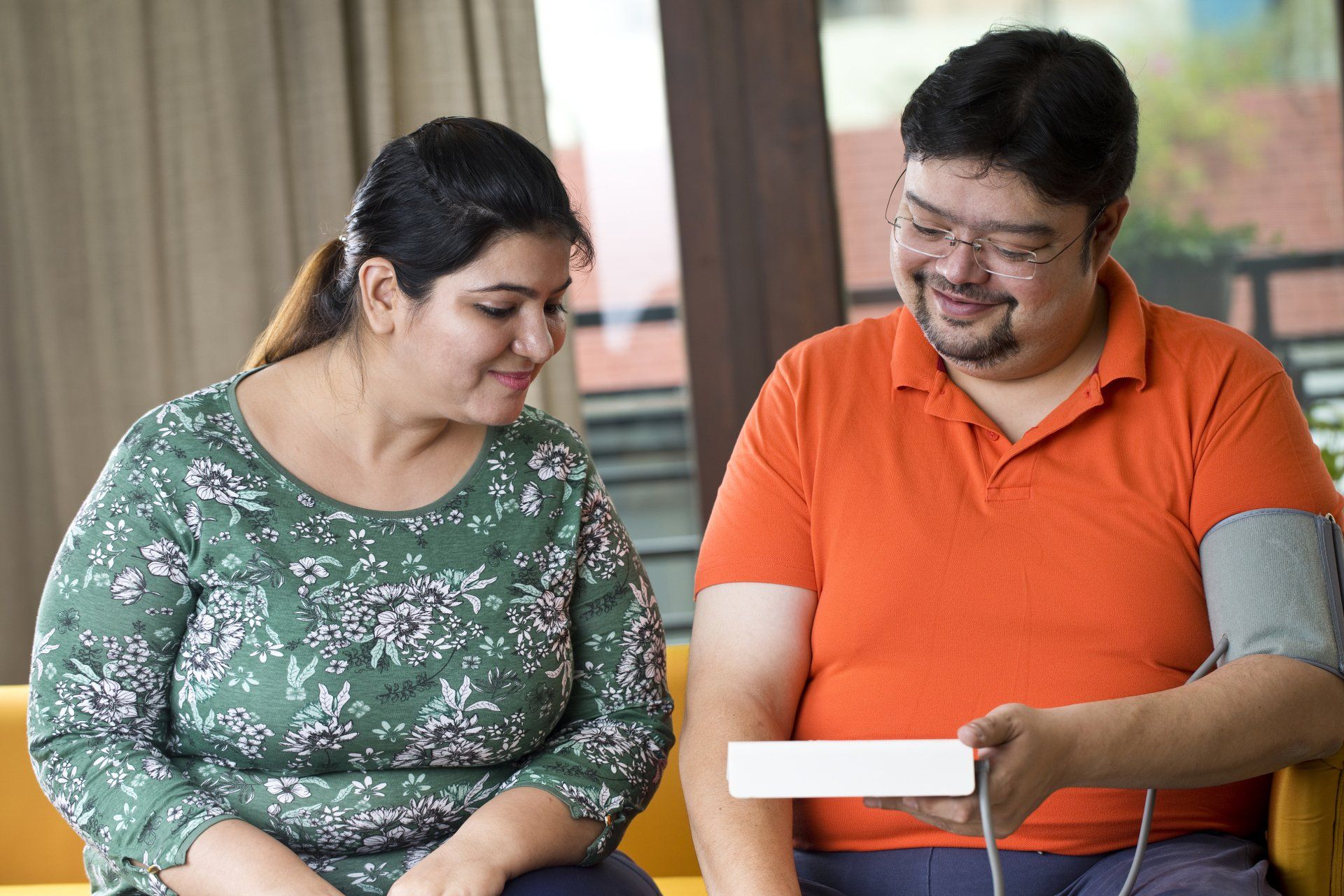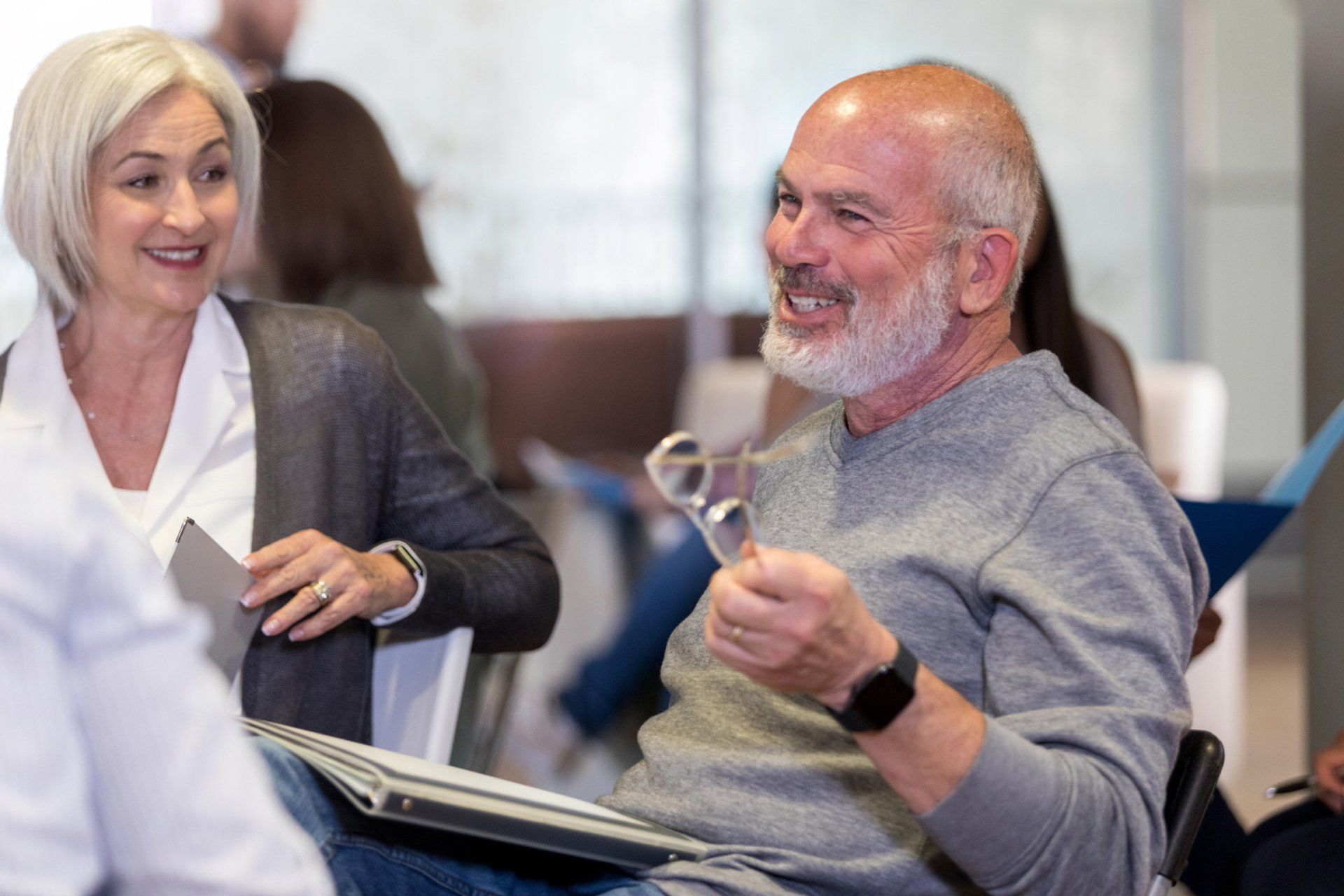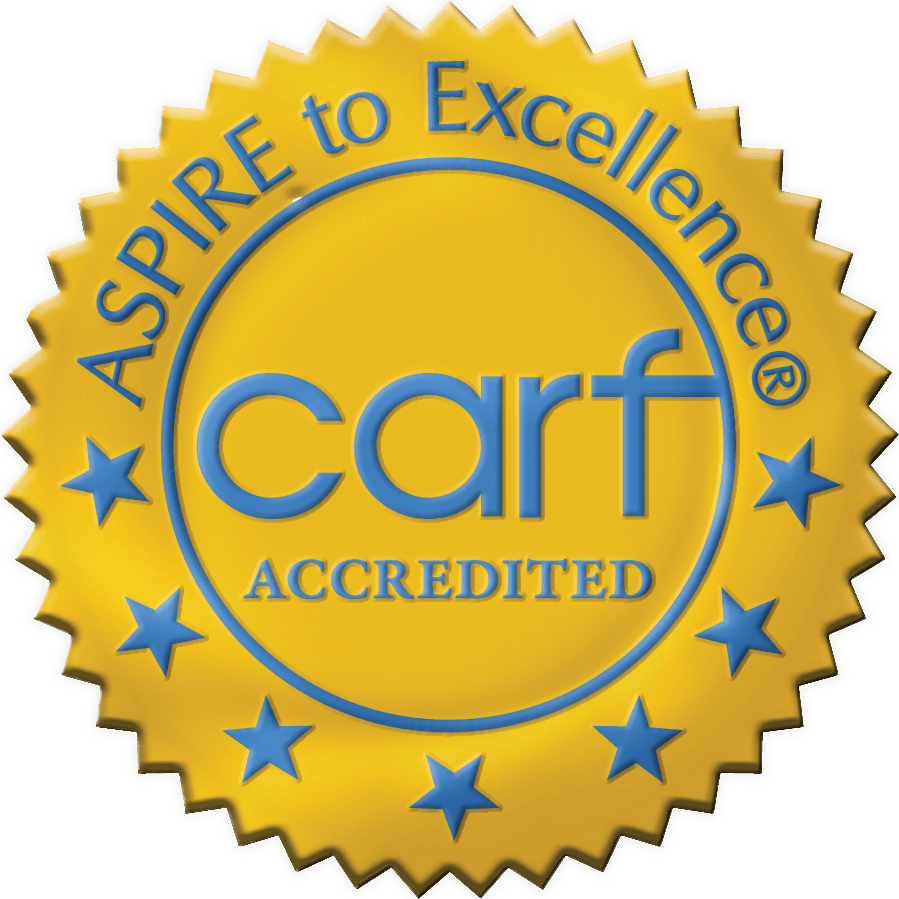Language of Love

Welcome
PAIRS Essentials offers a new framework for the relationship journey and practical, usable skills for successful relationships. (Curriculum Guide pages 11-35)

Language of Love
Throughout PAIRS Essentials, participants learn new terms and a unique meaning of some that may already be familiar. Language itself increases the potential for deeper understanding, closeness, and healing. (Curriculum Guide pages 36-37)

Levels of Learning
Past upsetting, hurtful, painful relationship events are more likely connected to unconscious incompetence than bad intentions. Developing new behaviors/habits requires recognizing the desired change, making the change, and sustaining the change under stress. (Curriculum Guide pages 38-39)

Stages of Relationship
Relationships typically go through four predictable stages. Recognizing the impact of our behaviors during times of disappointment brings new possibilities to create long-lasting accepting, loving relationships. (Curriculum Guide pages 40-41)

Relationship Road Map
Framework for the PAIRS journey based on biological needs and how we tend to experience life when our needs are not met. (Curriculum Guide pages 46-49)

Communication Stress Styles
Recognize styles of communication in ourselves and in others that keep us disconnected when we are under stress and become aware of impact on bonding of masking thoughts and feelings. (Curriculum Guide pages 50-59)

Invitation Rule
Creating a safe space for conversations that matter is vital. The Invitation Rule encourages appreciation for the value of making engagement a priority within an agreed upon period when requested; generally within 24 hours. (Curriculum Guide pages 60-61)

Daily Temperature Reading
Creating an environment of open, flowing communication and proactive problem-solving in a way that strengthens connection, understanding, and resilience doesn't happen by itself. The Daily Temperature Reading helps couples and families increase their ability to confide, build self-esteems, and encourages intimacy. (Curriculum Guide pages 62-65)

Talking Tips
Differences are a natural aspect to every close relationship. Talking Tips provides a structured skill for confiding that helps identify and reflect on key dimensions of a specific behavioral concern and unambiguous change request without blaming, judging, or criticizing. (Curriculum Guide pages 66-71)

Emotional Stages
An Adult’s emotional behavior in varied circumstances will often have as much, and often even greater impact, on what happens in a relationship than core issues. Emotional stages is an opportunity to distinguish attitudes that can interfere with constructive problem solving from those that promote mutual respect. (Curriculum Guide pages 78-83)

Emotional Jug
Understanding emotions and how they work is vital to intimacy. Understanding the "emotional jug" is an opportunity to strengthen the likelihood of responding with compassion and empathy instead of reactiveness to expressions of anger, fear, pain, sadness, and similar emotions. (Curriculum Guide pages 84-89)

Fair Fight for Change
Structured tool to talk about difficult problems in relationships so that both partners can express their needs and wants in a way that is safe and helps people listen to each other. (Curriculum Guide pages 90-101)

PAIRS Essentials Tool Kit
PAIRS Essentials Tool Kit brings together the many practical, usable skills participants discover in PAIRS training. (Curriculum Guide pages 129-137)
Watch 8 Minute Excerpt"A must attend to explore personal issues prior to approaching change in veteran issues."
Carrie M. Holley McCormack
Army Warrior Transition Unit
San Diego, CA

